Adverbs of Frequency in English
Adverbs of frequency describe how often something happens. Watch this video to learn how to use them in English.

Adverbs of frequency describe how often something happens. Watch this video to learn how to use them in English.

Indefinite pronouns in English are words like: everything, somebody, no one, anything. This video shows you how to use them in English.

Watch this video to learn how and why to use adverbs in English.

Learn how to use the present perfect tense in English with have and has plus a past participle.

Learn how to use the past simple, past continuous and past perfect in this grammar review video.
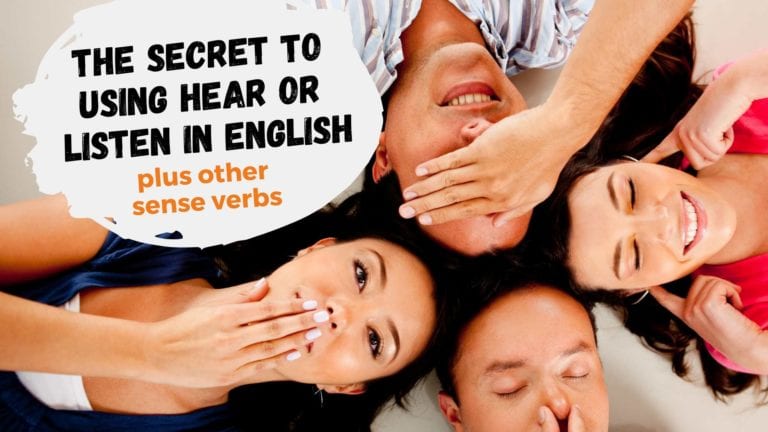
True or false: hear and listen mean the same thing. Turns out, these two sense verbs in English don’t mean the same thing! Well, they kind of do, but not exactly. That was a trick question. One common mistake with new English speakers is not using these two words correctly. Or only using one of them. This blog post will finally answer…
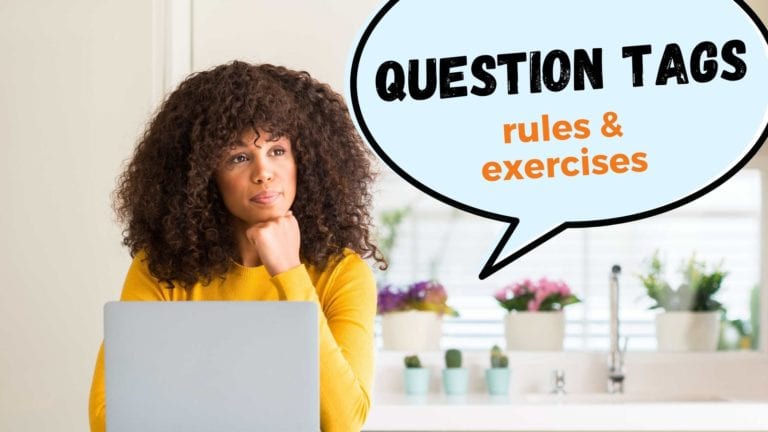
You know what questions tags are, don’t you? If you have never heard of this before, go back to the first sentence of this blog post. The clause don’t you? is what we call a question tag. There are positive tags and negative tags. Keep reading to understand the difference between them. These types of question help us…
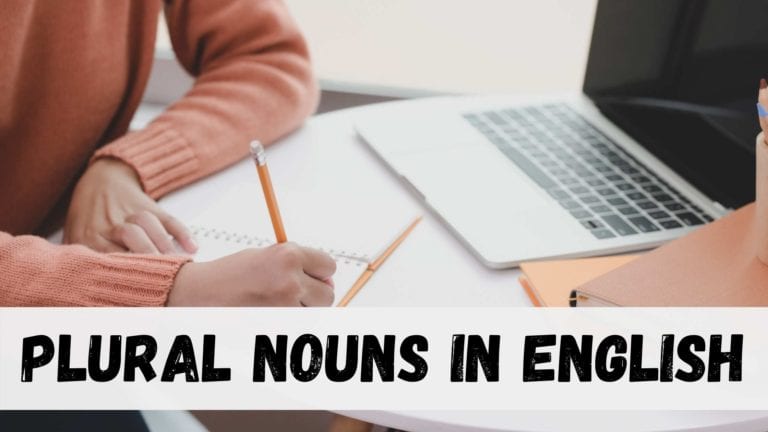
Let’s talk about plural nouns in English! For most nouns, the rule is simple: add the letter s to the end of the word, and that forms the plural version. This happens with common words like book, sofa, chair, computer, phone, car, and many others. If a word ends in the letters s, x, z, ch, and sh, you add es to the end to…
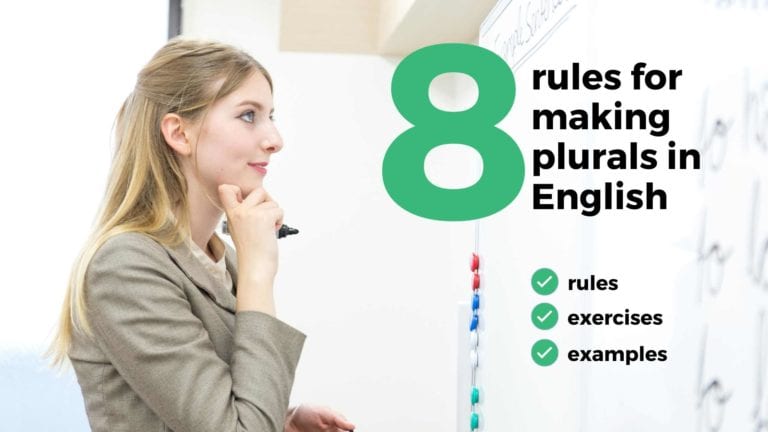
If you think the only way to make plural nouns in English is by adding -s to a word, this blog post is for you. Even though there are several nouns that only require the addition of the letter -s, there are many others that follow different rules. We will go over all 8 rules regarding making plural…
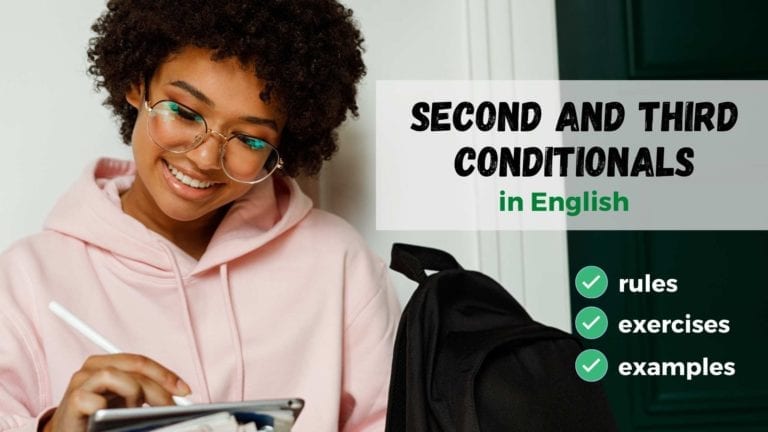
If I were rich, I would travel the world. I’m sure you have said this sentence at some point in your life. If you have, I have good news! You already know how to form a sentence in the second conditional, my friend. The second and third conditionals in English grammar are used to talk…